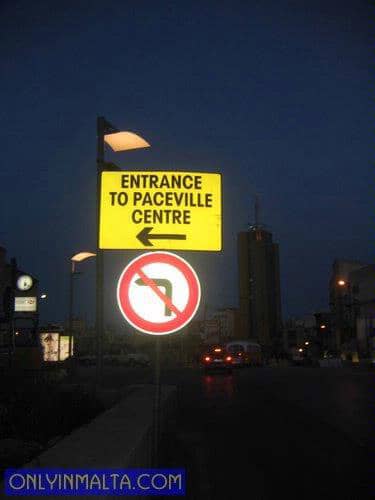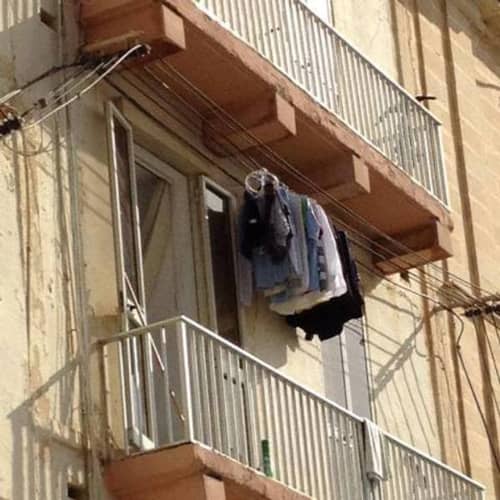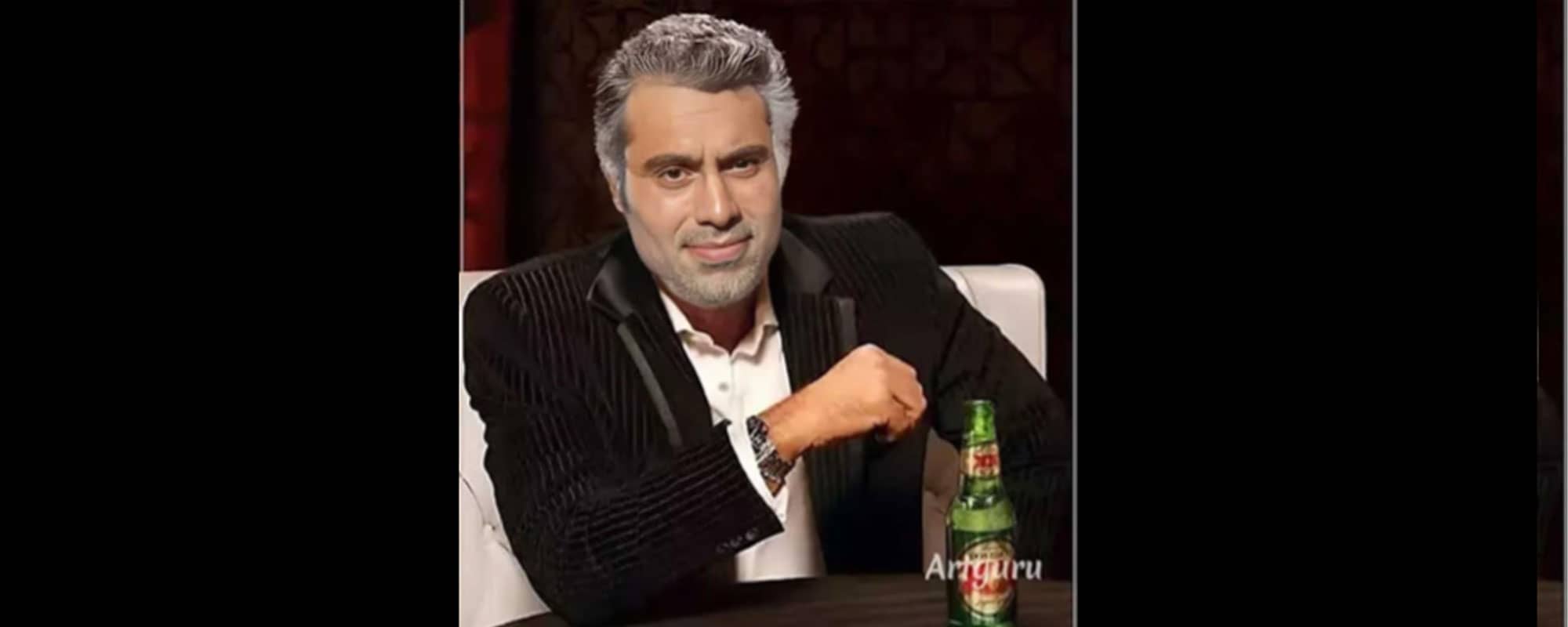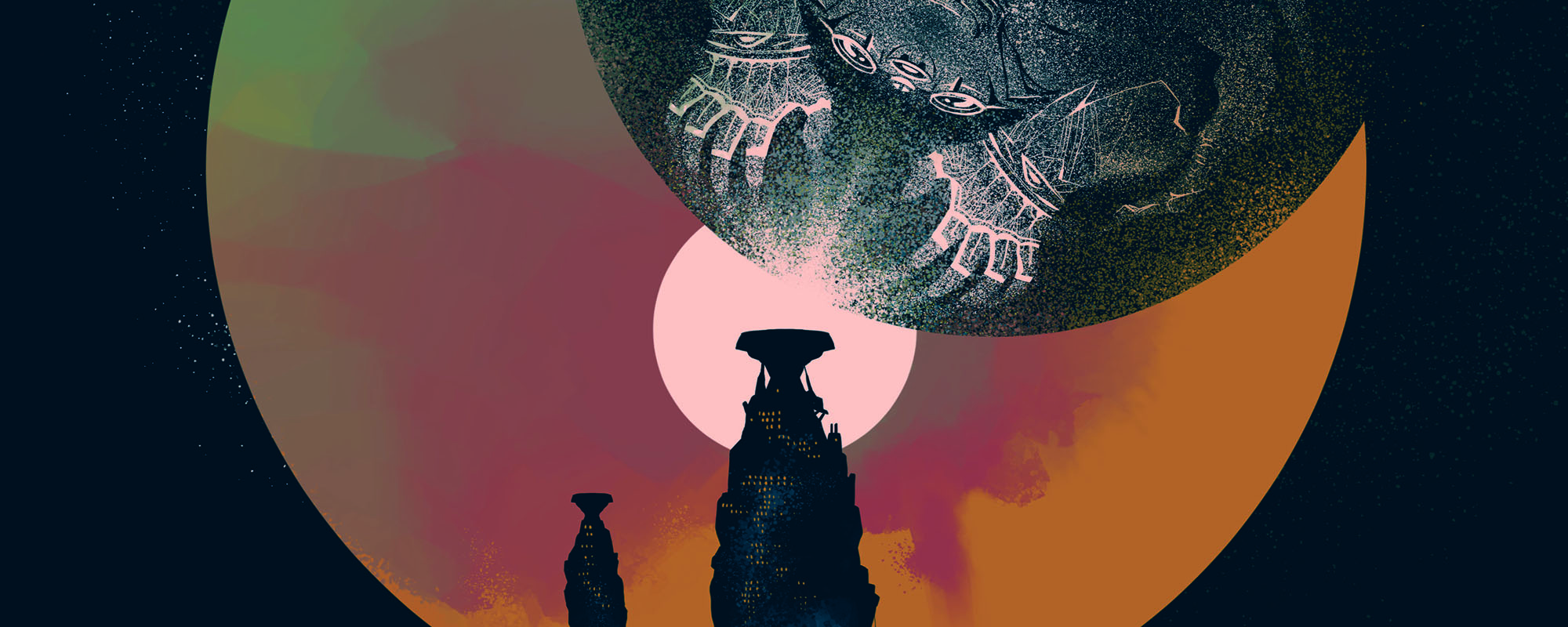I do not always talk about the history of memes, but when I do, I start right from the very beginning. Luckily, you’re getting this crash course in memeology straight from one of the very first moderators of Pastizziposting! It means you get to hear the inside scoop on the Maltese meme industry. Sit down, and let me tell you a story.
By now, it is relatively well-known that the concept of a meme was first popularised by none other than the god of die-hard atheism, Prof. Richard Dawkins in his 1976 book, The Selfish Gene. There, he defined memes as ‘tunes, ideas, catch-phrases, clothes fashions’ and so on and so forth. Memes are ideas which propagate themselves, much like genes do. Unlike genes, however, which spread through biological processes, memes spread by imitation through communication.
Nonetheless, meanings change. Just as today we associate Dawkins with atheism, the original meaning of the word “meme” has evolved since the 70s. Suffice to say, Dawkins probably did not anticipate the word having an overwhelming association with cats. But I digress.
The Early Internet
Before talking about cats, we should talk about nanna. The early Internet’s memes were less amusing than cats. Crawling out of the primordial soup, the earliest memes were communicated through chain e-mails, passed between contact lists accompanied by plain jokes or GIFs, often offering questionable hotlinks that might leave you wondering if one has inadvertently installed a Trojan virus. Chain e-mails do seem like they might be old enough to date back the Trojan War, but my Inbox has a few from my great uncle as I write this. Like a marine biologist discovering a prehistoric fish, little changed by millions of years of evolution, these chain e-mails survive amongst us even today.

Memes reached an early form of maturity, reaching younger generations, with the birth of formats such as the Advice Animal, which became popularised around the year 2006. White text superimposed over an image brings life to the idea that ‘a picture is worth a thousand words.’ It is these early hieroglyphics which bridge the modern with the early meme in a recognisable format. It is here that legendary Advice Animal characters such as Scumbag Steve and the Socially Awkward Penguin first emerged. Memes have since grown to fill a key social function, uniting people across borders, as they continue to take on new simplistic yet amusing forms.
Maltese Memeology
While memes have an international dimension, anyone studying their history O & A levels in Malta also knows that the syllabus is starkly divided into both a global as well as a Maltese dimension. On the smallest level imaginable, the inside joke allows personalised memes to be created and traded between friends. It is therefore only fair that we pay attention to the national culture and history of memes.
The notorious website onlyinmalta.com, a relic of the early Internet, portrayed humorous images of outrageous situations in Malta and Gozo. One might view ladders precariously perched on walls, in violation of all health and safety regulations as well as common sense. Photos abounded of traffic and parking sins, infrastructure upsets and various crimes against decency, best left to the imagination. That website was in of itself memetic, the idea that one might see something that ‘could only happen in Malta,’ and submit it to the website, became a self-reinforcing national inside joke. The website’s legacy survives today through a Facebook page, as Facebook has become the modern habitat for most Maltese memes, with early meme formats popularised by pages like the Paceville Malta Meme Page.

By 2016, memes were starting to take centre stage in political messaging. Organically, and from the ground up, they became a means of reinforcing community sentiments. Memes were also appropriated by groups with agendas, such as supporters of Donald Trump who adopted Pepe the Frog, a cartoon character originally illustrated by Matt Furie. Furie would then go on to try to reclaim the character afterwards and disassociate himself from its new undertones. Despite political factions adopting Pepe the Frog, its popularity persisted in other contexts, preventing complete overtaking for those agendas. This is evidenced by Pepe’s co-star, Wojak Feels, who grew to become a mainstream meme which endures today, utilised in various contexts as a canvass upon which every group has painted its own meaning. In other words, characters such as Pepe and Wojak serve as mannequins, which can be dressed up as one pleases, to convey memes about history, fashion, politics, or social trends. While some memes die, others grow and change, riding the currents of the time.
As these characters became mainstream political instruments, so too did memes take centre stage in Maltese politics on Facebook from 2016 onwards. Starting out as niche forays, Maltese meme pages were set up by a handful of individuals on the fringes. Some pages from that era remain accessible on Facebook, such as Maltese Society through Spongebob Stills, and Maltese Moms Against Memes. Other pages, such as Hatin Malta, took more specific critiques at Maltese popular and social culture, but have since gone offline. While pointed and with a finger on the pulse, the prominent debate around Maltese meme culture has always centred around defining the fine line between wit, causing offence, and what constitutes free speech.

Current Issues & Controversies
In any case, private platforms such as Facebook maintain their own rules and regulations, defined by American social norms and expectations, irrespective of national culture and law. The popular Maltese meme group, Pastizziposting, first premiered around 2018, starting with a handful of people joking about which pastizzi were the best. The running gag in the beginning was that while irkotta and pizelli were socially acceptable options, anyone who chose chicken was a social outcast (my favourite is indeed chicken). As the group grew, the humour quickly departed from pastizzi, as all jokes must evolve or die. People then voted in a tournament to determine the best snack in Malta, pitting Sunshine Snacks and various goodies against one another, until the finalists were Twisties and Krips. In the end, Twisties inevitably triumphed, but not before Krips had risen to new glorious heights.
However, Pastizziposting was a wild west with a free-for-all moderation style, and inevitably, memes were approved which did not meet Facebook’s criteria. The group would be banned, only to reform in various iterations many times. With each period of destruction and reformation, the group would lose its original culture. Likewise, as the group grew increasingly popular, the lowest common denominator of humour inevitably triumphed and lost along with the culture was the nuance and wit that so defined the early years.

Walking that fine line between offence and free speech remains as topical as ever in Malta. As recently as 2023, critics of River of Love, such as Bis-Serjetà, were targeted with legal action. However, while Bis-Serjetà presents humour in meme format at times, Matt Bonnano, who has run the website since 2011, has challenged having his work defined as mere memes, as they imply a lower amount of effort. ‘Is something that goes viral necessarily a meme?’ he asked when questioned about Bis-Serjetà for this article.
The Future of Maltese Memes
We spoke to renowned local memeologist Jack Fountain, as he was closely networked with many of the original Facebook pages and knew of their humble beginnings. Fountain, a self-described Diogenes of Maltese meme lore, spoke about the future of memes in Malta, bringing attention to what he claims is the increasing over-regulation of Facebook, which today has run in parallel with a migration of meme pages to Instagram and other platforms. He also points to this migration as necessary for the continued relevance of Maltese memes. One must remain relevant for new generations, he says. One such adaptation is seen in the Maltese Union of Uzbekistan, which makes many references to Maltese culture, formerly dominant on Facebook, now increasingly popular on Instagram.
As memes evolve across platforms, taking on new aspects in fresh formats such as video, their impact is being felt in areas including the academic. The impact of memes on popular culture, politics, and various other aspects of life is increasingly being recognised and examined even at university level. Daniel Abela did his dissertation on Memetics and Popular Culture as early as 2015, just to use one example. Worldwide, it is increasingly becoming a subject of study. With the development of artificial intelligence unlocking new creative capacities, the future of memes will undoubtedly continue to surprise us, as memes old and new develop and adapt, or pass into the annals of meme history, to be recorded for posterity. In any case, it seems the memes are here to stay.







Comments are closed for this article!